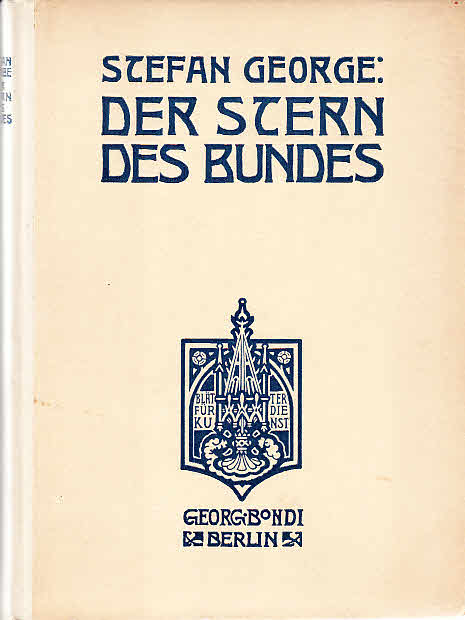In der Frühe
Die Silhouette deines Leibs steht in der Frühe dunkel vor dem trüben LichtDer zugehangnen Jalousien. Ich fühl, im Bette liegend, hostiengleich mir zugewendet dein Gesicht.
Da du aus meinen Armen dich gelöst, hat dein geflüstert »Ich muß fort« nur an die fernsten Tore meines Traums gereicht –
Nun seh ich, wie durch Schleier, deine Hand, wie sie mit leichtem Griff das weiße Hemd die Brüste niederstreicht ...
Die Strümpfe ... nun den Rock ... Das Haar gerafft ... schon bist du fremd, für Tag und Welt geschmückt ...
Ich öffne leis die Türe ... küsse dich ... du nickst, schon fern, ein Lebewohl ... und bist entrückt.
Ich höre, schon im Bette wieder, wie dein sachter Schritt im Treppenhaus verklingt,
Bin wieder im Geruche deines Körpers eingesperrt, der aus den Kissen strömend warm in meine Sinne dringt.
Morgen wird heller. Vorhang bläht sich. Junger Wind und erste Sonne will herein.
Lärmen quillt auf ... Musik der Frühe ... sanft in Morgenträume eingesungen schlaf ich ein.
– Ernst Stadler (1883-1914)
Quelle: Ernst Stadler, Der Aufbruch (1914)
Selbst heute noch oder wieder ist das schmale Werk von Ernst Stadler im Buchhandel erhältlich, z. B. bei Amazon.












